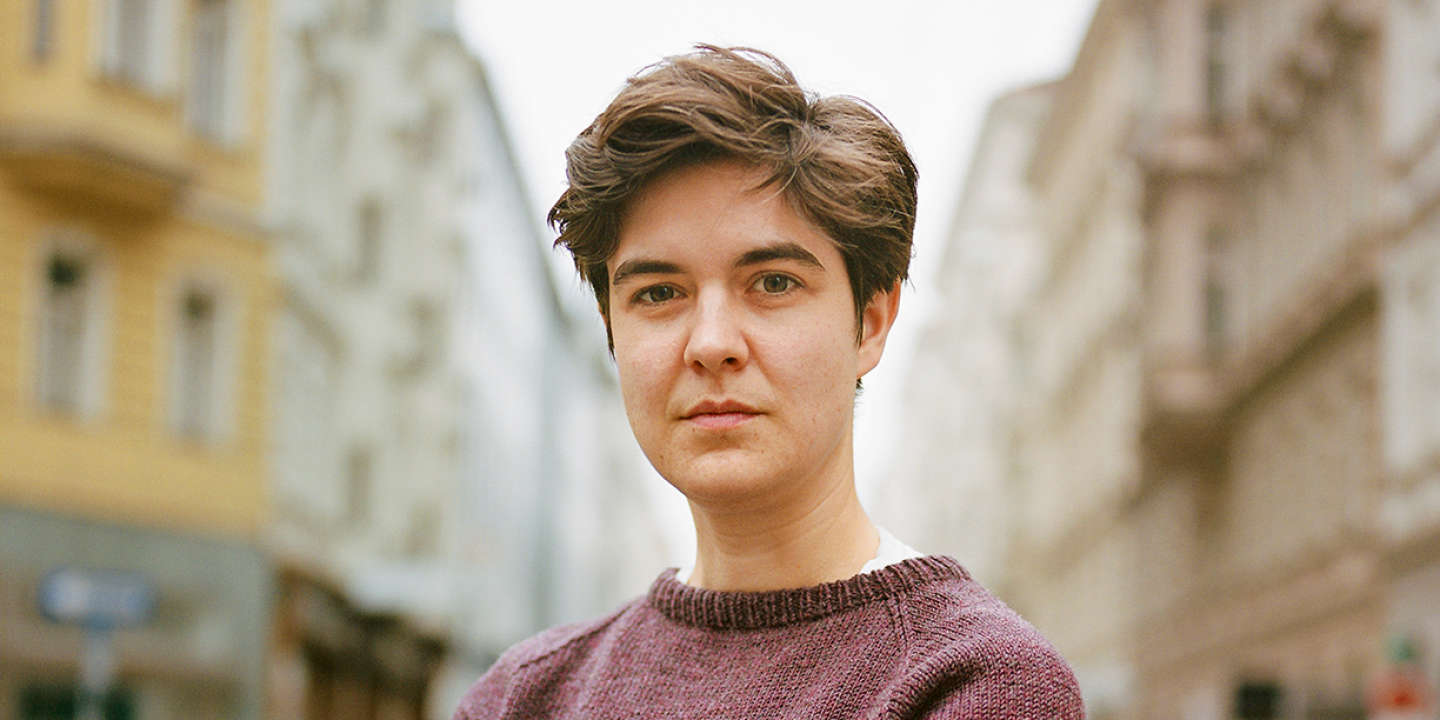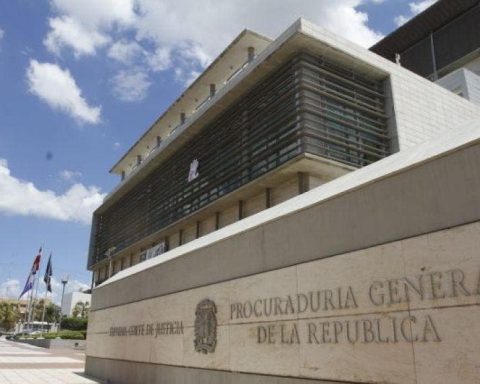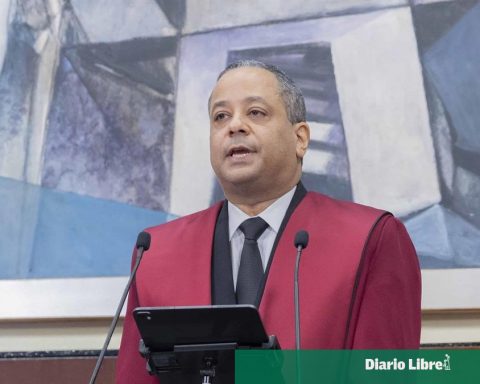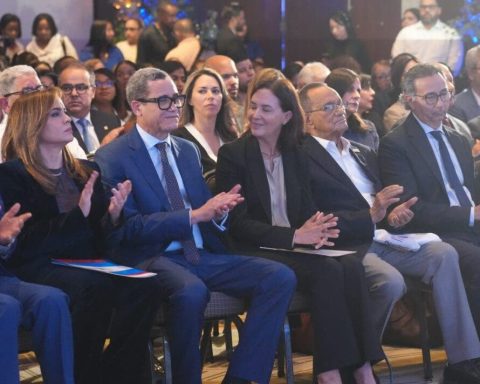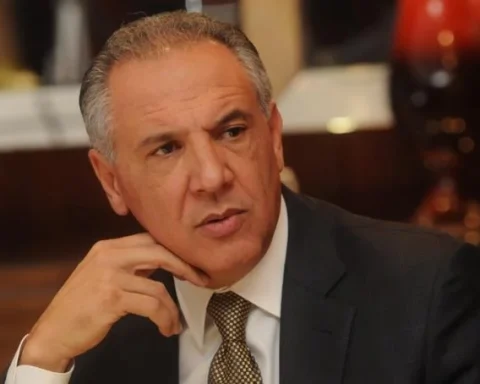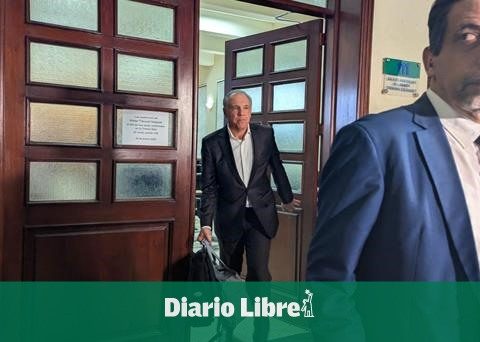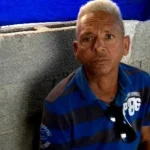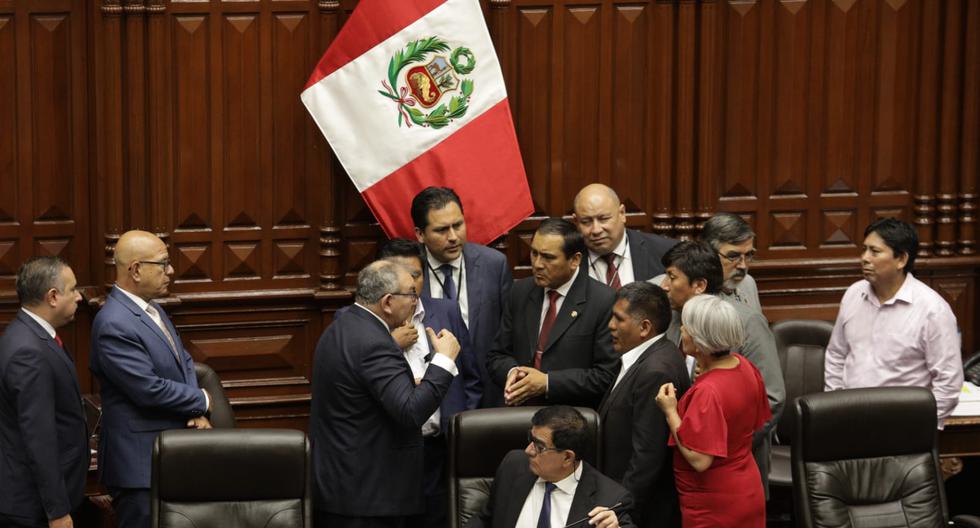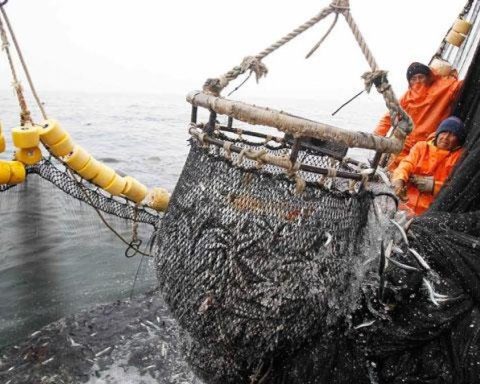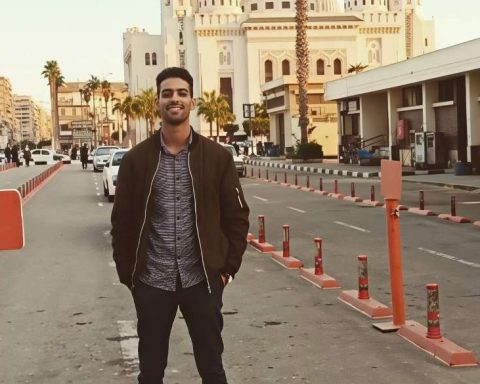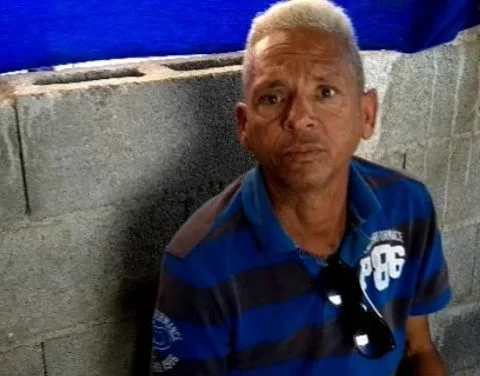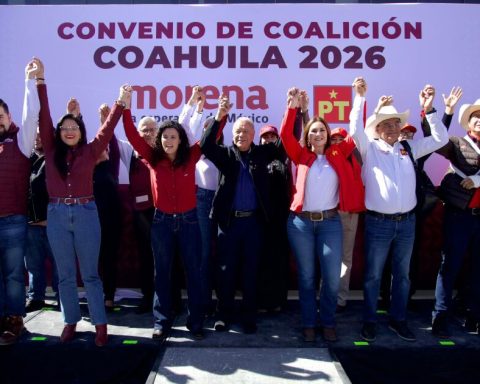A young Austro-German woman decided to give up her 4.4 million euro inheritance because she considers wealth an injustice and wants the rich to pay more taxes so that they contribute more to the wealth. economic equality of the society.
The stance of 30-year-old Marlene Engelhorn, who is a descendant of Friedrich Engelhorn, the man who founded the company Badische Anilin-und Soda-Fabrik, better known as BASF, is now the world’s largest chemical company, says that will deliver 90% to the State, the part that falls to him of the inheritance left by his grandmother.
The reason? She doesn’t want to be “so rich”. This was stated in different interviews in German and Austrian media.
Marlene, who is a student of German Language and Literature in Vienna, recognized that the fact of being born into a wealthy family has given her facilities that not everyone can access. However, she believes that everything has a limit and that no one should amass huge amounts of money while there is such a latent inequality in our society..
The grandmother of this artist was ranked number 687 in the ranking of the richest people in the world, according to the Forbes magazine.
A fortune generated from more than 150 years of the company, whose benefits seem to make the protagonist of this story uncomfortable.
More about Marlene Engelhorn
In 1997, Curt Engelhorn -Friedrich’s grandson- sold the firm to the Swiss group Hoffmann-La Roche for US$ 11,000 million. Thus, and with just seven years, Marlene Engelhorn made a fortune of more than US $ 1,000 million.
Engelhorn has a mentality that has led her to be a staunch defender of social justice, which is why she created AG Steuersrechtigkeit, a movement that has mutated throughout Europe under the nomenclature of Taxmenow, and which consists of heirs of great fortunes resigning to them in favor of a higher tax rate for the rich.
“As someone who has enjoyed the benefits of wealth all my life, I know how skewed our economy is and I can’t keep sitting around and waiting for someone, somewhere to do something,” he explained in an interview with the BBC.
